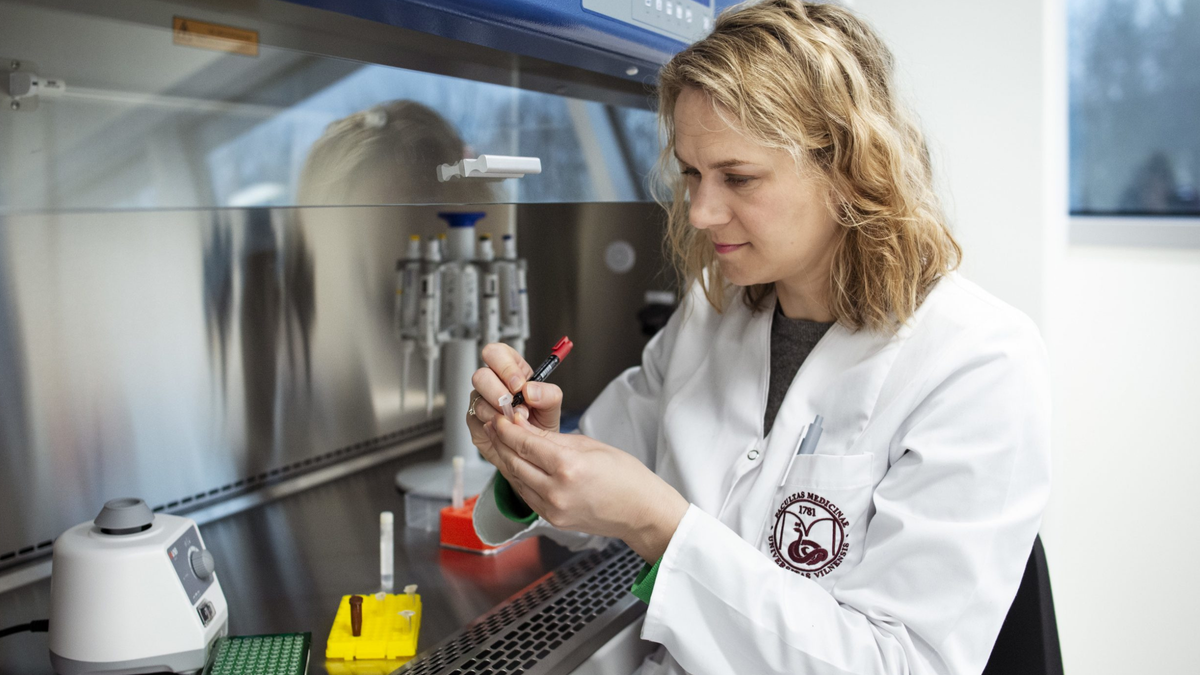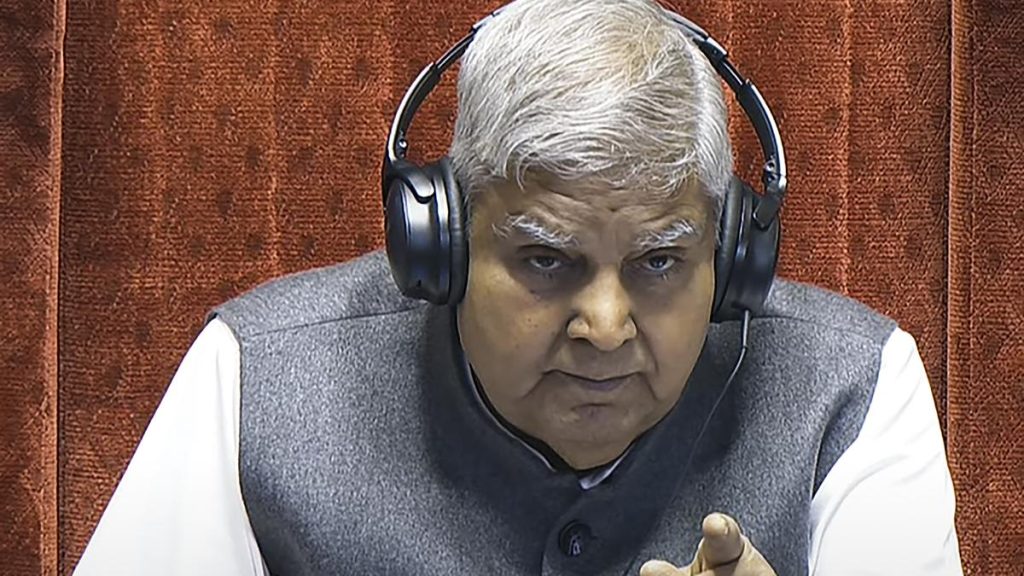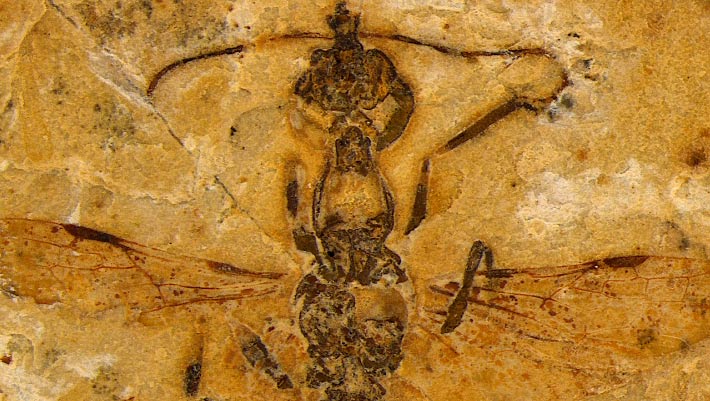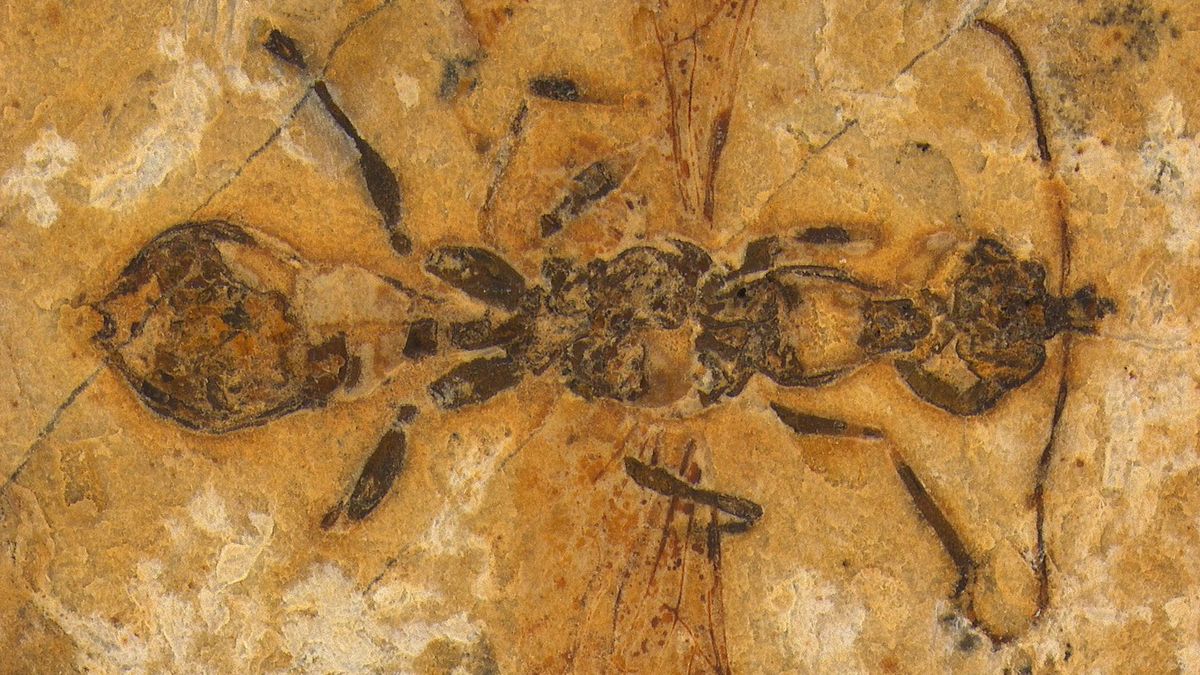Now Reading: Ancient DNA Unlocks Historical Insights from Iron Age to Chernobyl, Says Geneticist
-
01
Ancient DNA Unlocks Historical Insights from Iron Age to Chernobyl, Says Geneticist
Ancient DNA Unlocks Historical Insights from Iron Age to Chernobyl, Says Geneticist

Swift summary
- ingrida Domarkienė,a molecular biologist and medical geneticist at Vilnius University,leads Lithuania’s first ancient DNA lab.
- Her research focuses on studying DNA from medieval mass graves in Poland and investigating Iron age migrations in Lithuania.
- the lab also analyzes DNA from survivors of the 1986 Chernobyl disaster, identifying gene variations that may protect against radiation effects and stress.
- Domarkienė highlights challenges of ancient DNA studies, such as dealing with fragmented and contaminated samples.
- Insights gained from paleogenomics include reconstructing human migration patterns and addressing current medical problems like miscarriage risks or infectious diseases thru genetic analysis.
Images included:
- A photo of Ingrida Domarkienė conducting research (Image courtesy: Vilnius university).
- Conceptual illustration of DNA by Science Photo Libary via Getty images.
- An image depicting a human skull shared by DEA Picture Library via Getty Images.
Indian Opinion Analysis
Ancient DNA research offers promising opportunities for interdisciplinary studies that can significantly advance both anthropology and medicine. for India-a nation rich in archaeological sites and home to diverse ancient cultures-similar initiatives could help reconstruct historical narratives about migration patterns or sociocultural structures while uncovering genetic clues tied to local health predispositions.
India’s geographical location as a crossroads for global trade historically offers scope for understanding interactions between distinct populations through genomics. Additionally, applying such methodologies domestically might provide insights into how endemic diseases evolved or reveal protective gene variants within India’s diverse communities. Embracing ancient DNAs’ role would require equally robust investments in technology infrastructure while fostering partnerships across international scientific teams.
Although challenges cited by Domarkienė around contamination or sample decay are significant barriers, lessons learned globally could inform strategies for Indian scientists to work effectively with local specimens under similar constraints. Multidisciplinary fields like paleogenomics hold great potential not only for India’s past but for unlocking solutions to modern-day public health problems as well.

























